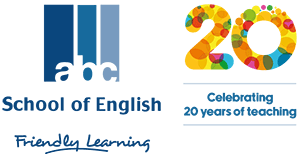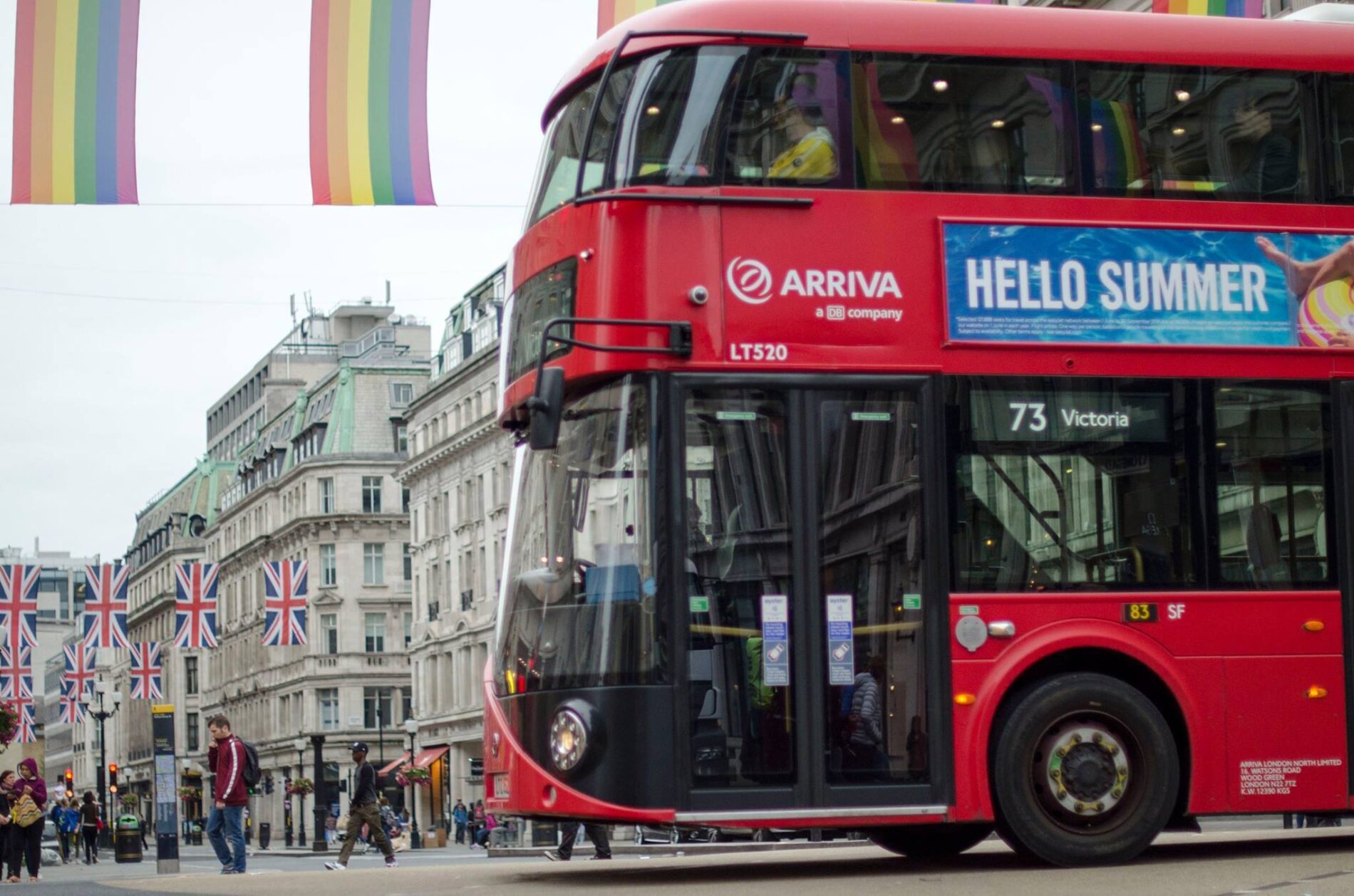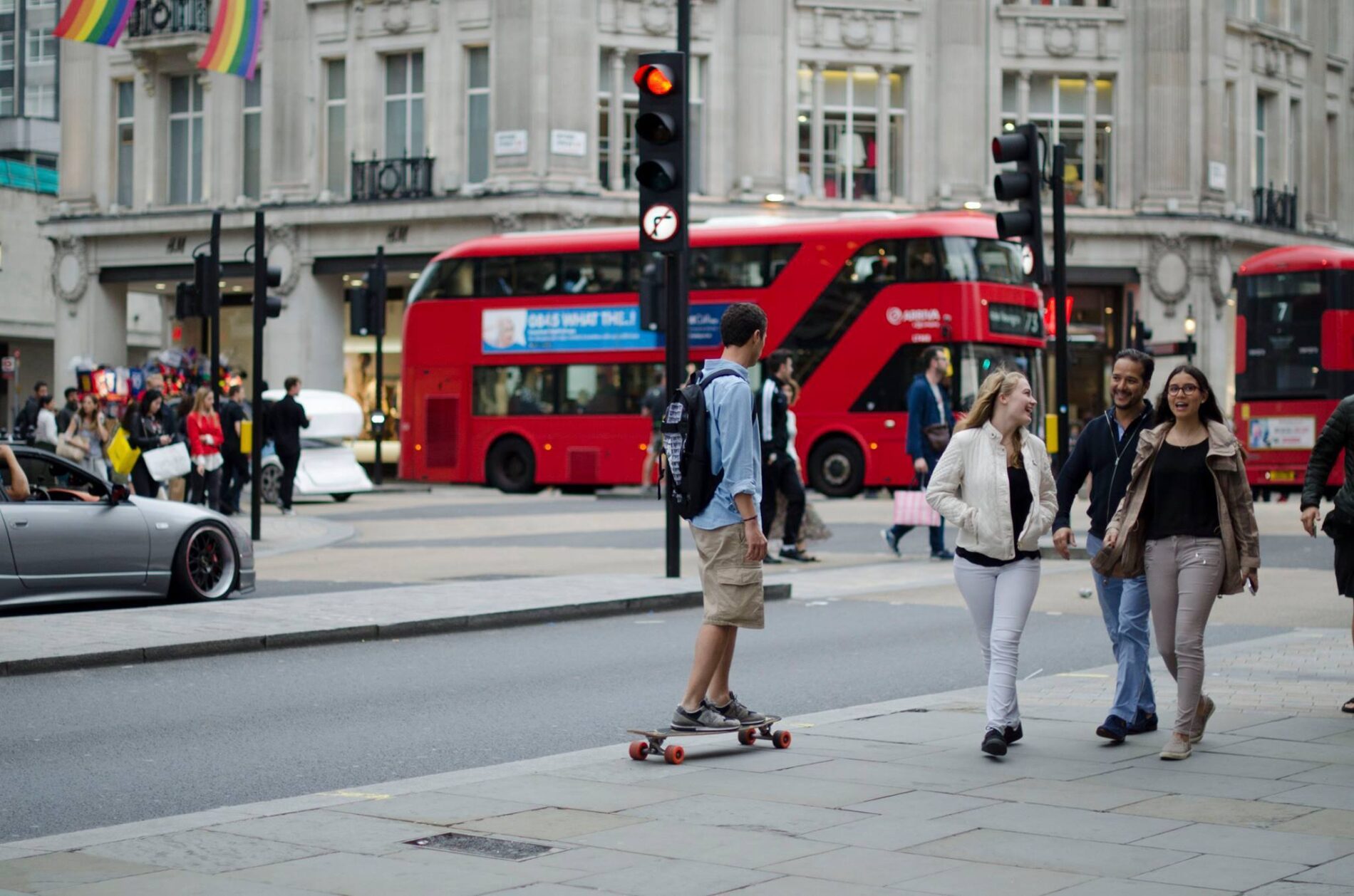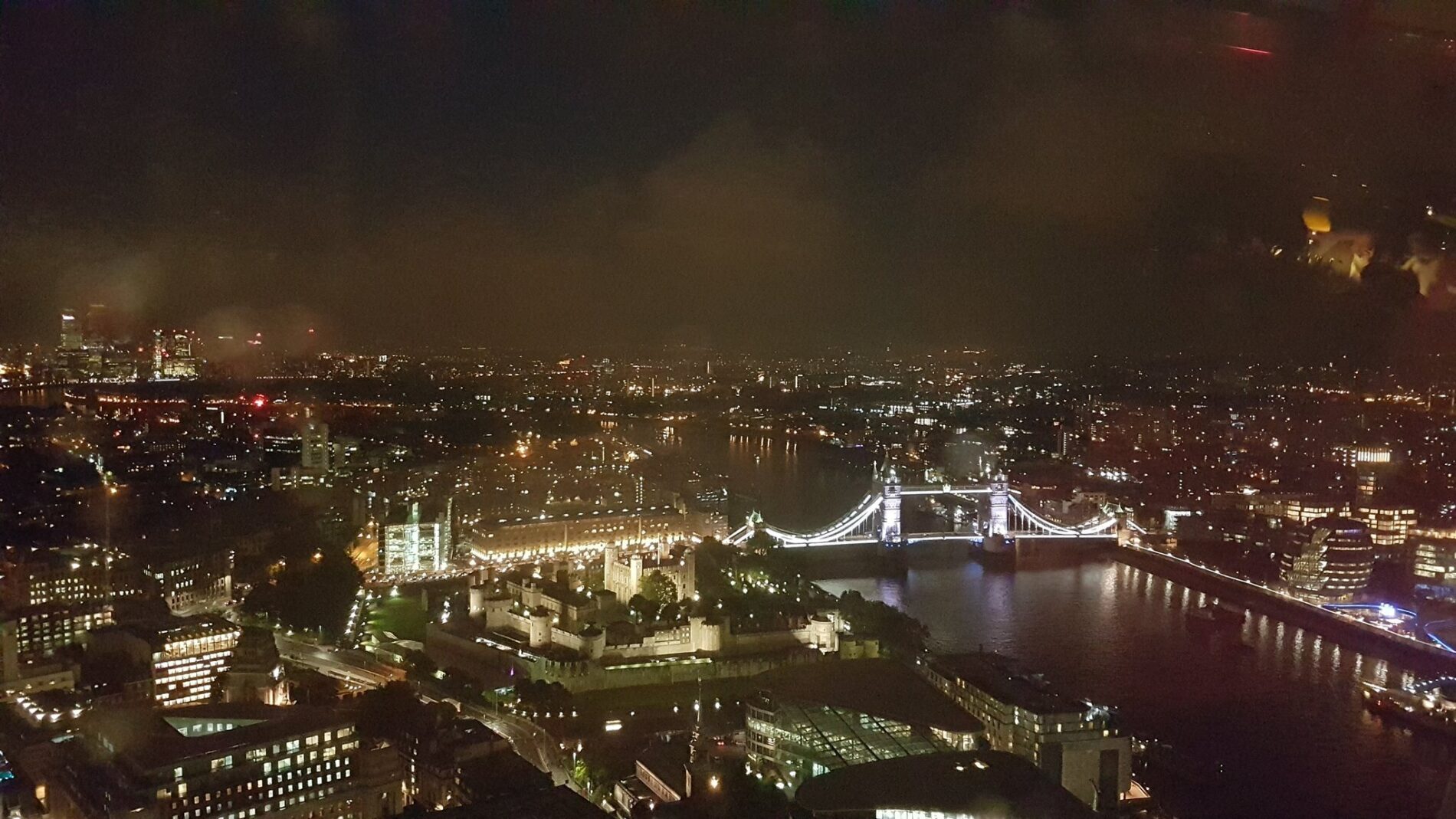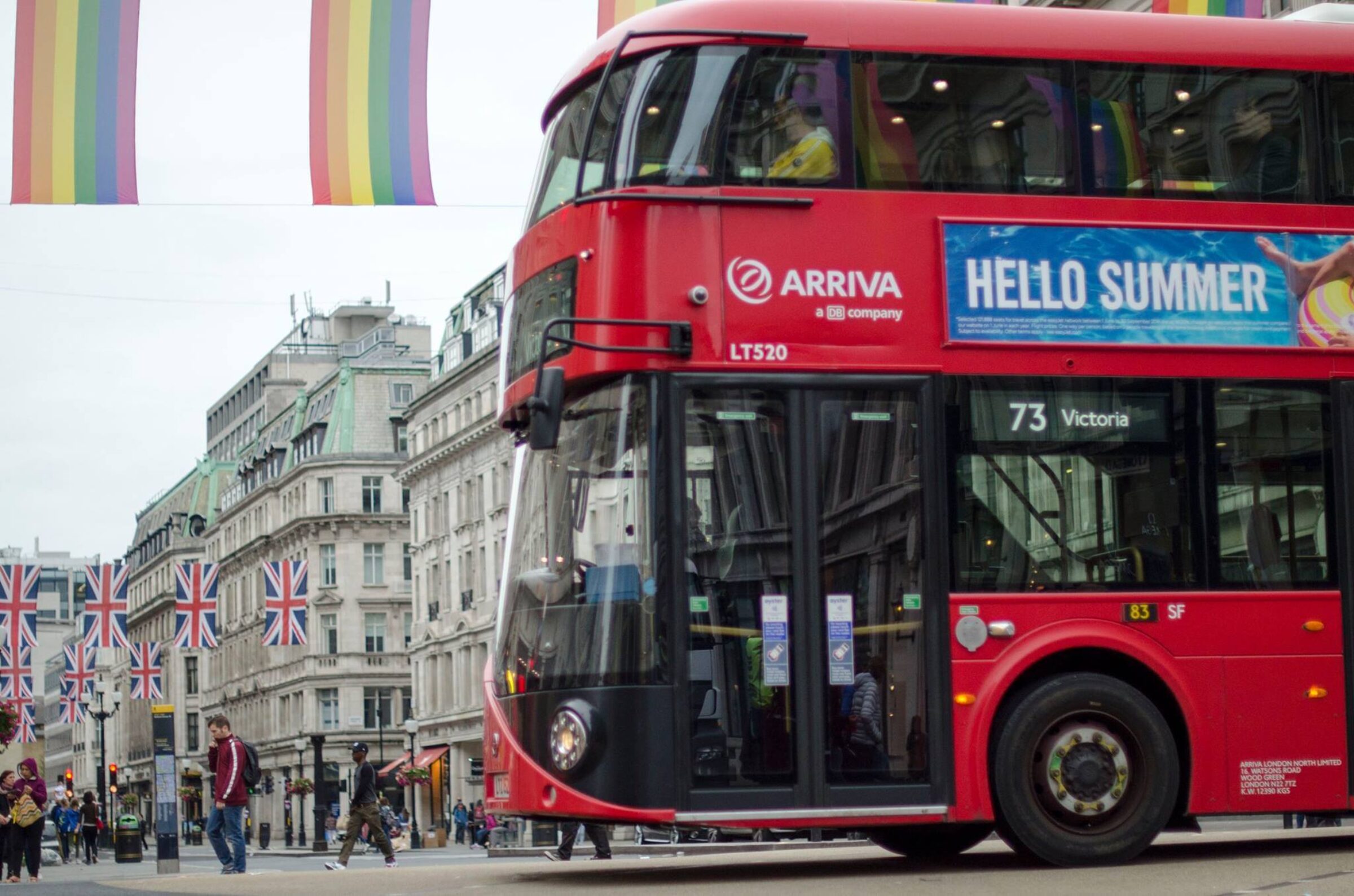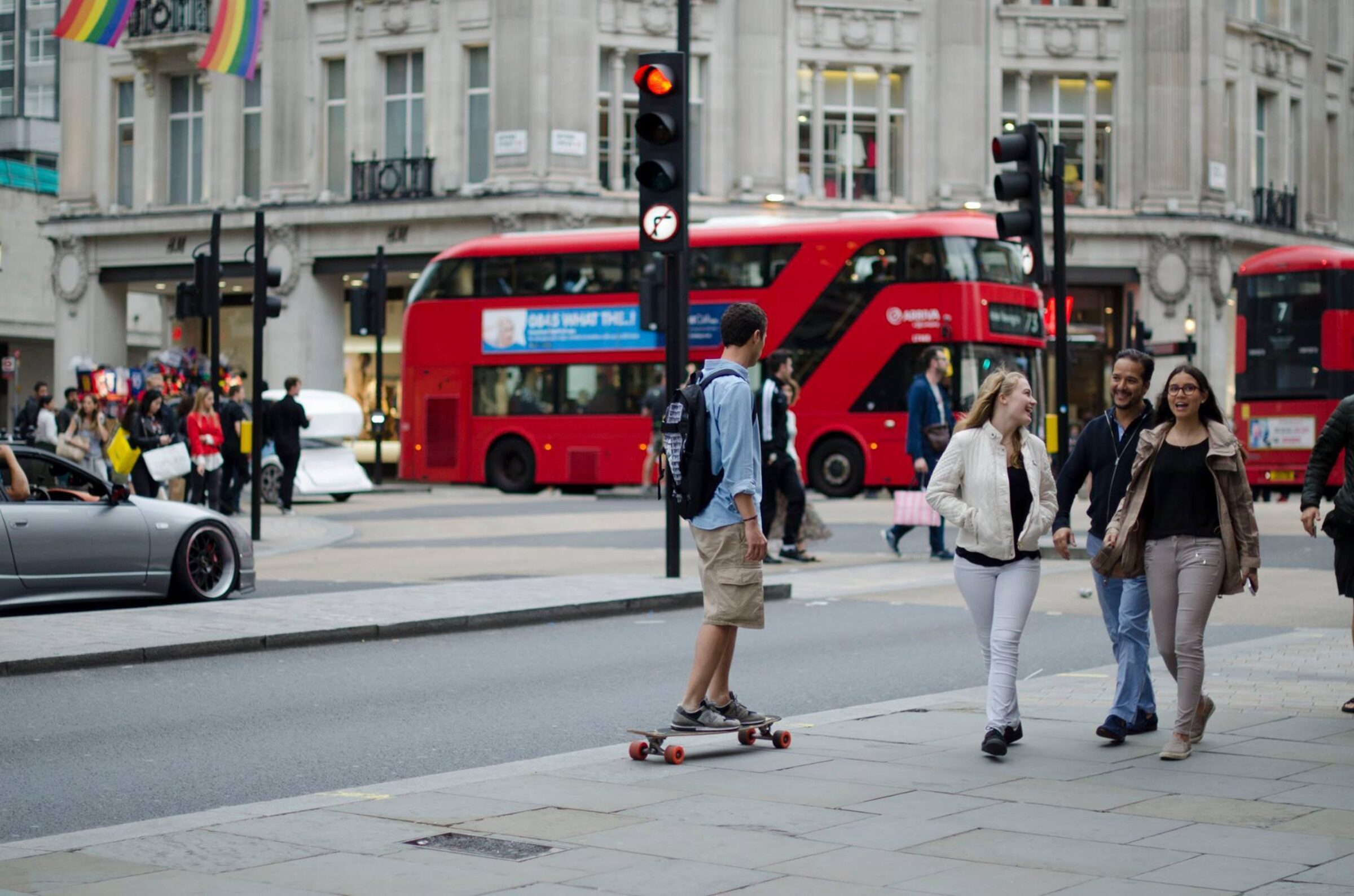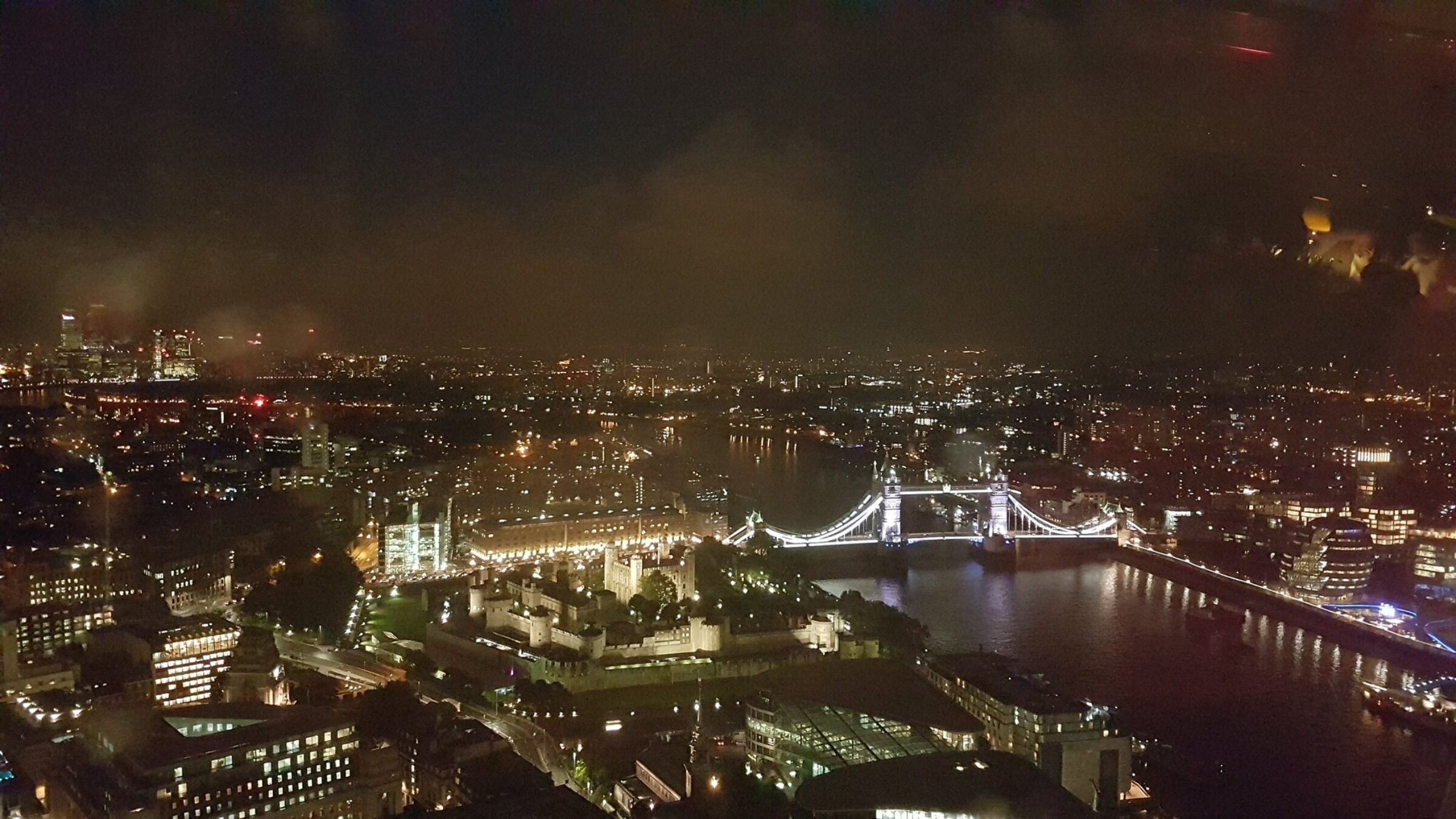Eurovision 2025: More Than Sequins and Song – A Chance to Learn and Connect

At our school, Eurovision always sparks conversation. One of our teachers, John, is a dedicated fan—he's already making his scorecards and knows all the lyrics. As for the rest of us? Let’s just say we might not be quite as enthusiastic about the glitter and glamour, but we can’t deny it: the Eurovision Song Contest is a fascinating cultural phenomenon.
This weekend, the 2025 edition takes place in Basel, Switzerland, bringing together artists from 37 countries in a celebration of music, identity, and connection. I am reliably informed the theme, “United by Music”, feels especially relevant in a world that often feels divided. On the Eurovision stage, differences are celebrated, and even the most unexpected performances (yes, we’re looking at you, Finland’s Ich Komme) find an audience.
From a language learning perspective, Eurovision is gold. Songs are often multilingual, lyrics are rich with idioms and local expressions, and the commentary—both official and on social media—is packed with colloquial English. Watching Eurovision is a fun way to expand your vocabulary and hear how English is used informally across Europe.
This year, entries like Ireland’s Laika Party and Sweden’s Bara Bada Bastu invite curiosity and conversation. What do those titles mean? What story is the song telling? What cultural references are packed into the three-minute performance? Even the voting segment offers useful phrases—“douze points” may be French, but it’s now Eurovision English too.
And for students and teachers alike, the event is a reminder that language is about people. It’s about how we express who we are, where we come from, and what matters to us. Whether it’s through a power ballad, an electro-folk anthem, or a tongue-in-cheek performance, Eurovision reminds us that music and language are both powerful tools for connection.
So whether you’re in John’s camp or just Eurovision-curious, tune in this weekend. You might discover a new favourite song—or at the very least, a new phrase to try out in your next class.
